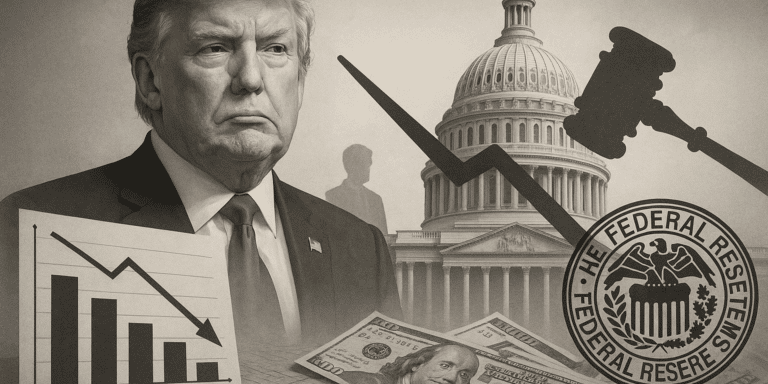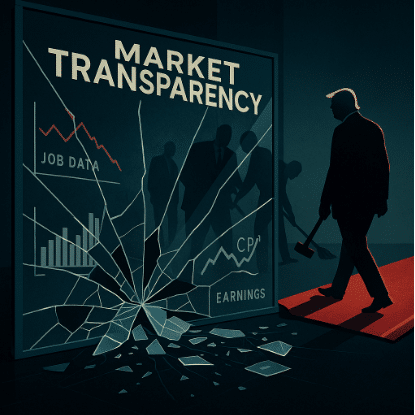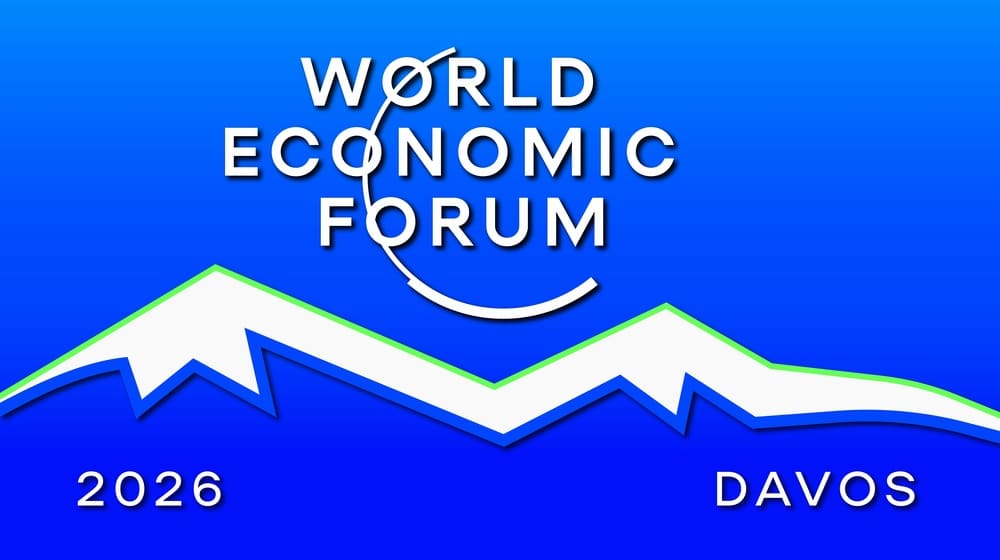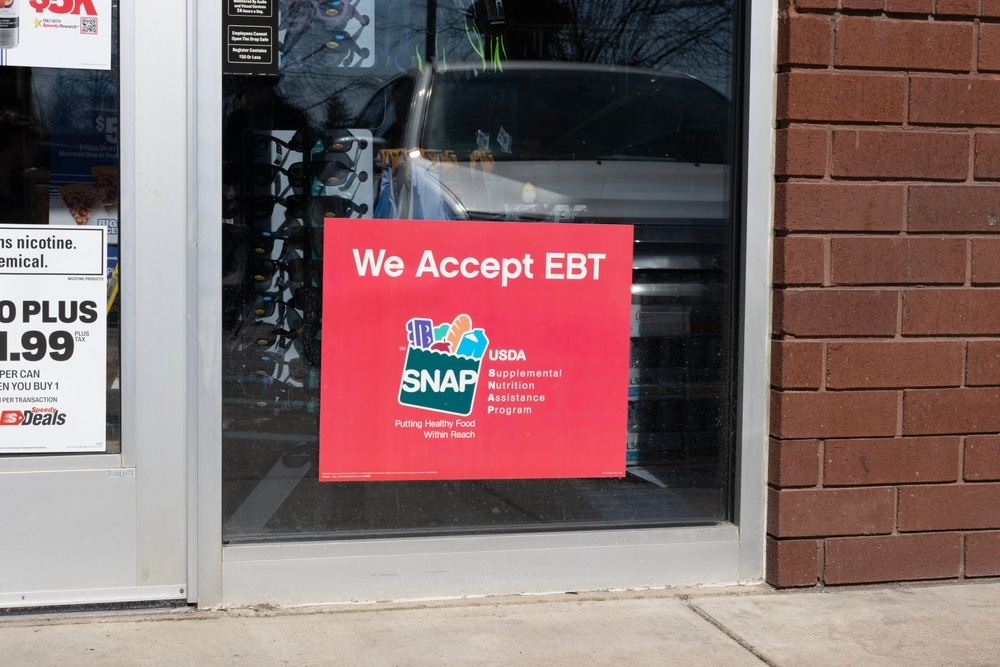
Trump’s Transparency War: Centralized Power, Muzzled Markets, and the Death of Informed Investing
Quarterly Earnings to Semi-Annual Reports? That’s Not “Efficiency.” That’s Strategic Obfuscation.
One of Trump’s recent posts on X (formerly Twitter) reignited his push to roll back quarterly earnings reports from public companies in favor of semi-annual disclosures. To the untrained eye, this might seem like a move to “cut red tape” or “let businesses breathe.” But let’s be real — it’s anything but.
Quarterly reports, flawed though they are, still provide a regular, structured glimpse into the internal workings of public companies. For small investors, they’re one of the few tools left to gauge whether they’re being conned.
Stretching the reporting period to six months gives C-suite executives and institutional players double the time to fudge numbers, bury losses, and dump shares before the next public update. It’s not just deregulation. It’s information warfare— waged against retail investors.
And when the market becomes less transparent, only those with expensive private research and inside connections win. That’s the point.
Firing Data Officials? Welcome to the Post-Fact Economy
It didn’t stop with the earnings reports. Trump then fired the head of the Bureau of Labor Statistics after an unfavorable jobs report — followed shortly by the “postponement” of a key inflation release.
That’s not governance. That’s data manipulation.
Markets don’t operate on vibes. They operate on trust. When jobs data and inflation figures can be suppressed or delayed at the whim of political actors, that trust disintegrates — and what’s left is a casino economy with the dice loaded by Washington.
This is how you destroy confidence in the dollar, in government debt, in every market reliant on real-time information. And once that confidence breaks? Foreign lenders flee, borrowing costs skyrocket, and inflation eats what’s left of the middle class.
The Fed Is No Longer Independent — And the World Is Watching
Trump’s appointment of Stephen Miran to the Federal Reserve Board — despite him remaining on the White House payroll — shatters the illusion of a politically neutral central bank. Miran promptly voted to cut rates by half a point, against the rest of the committee, in what looked suspiciously like a politically motivated play.
Let’s not sugarcoat it: when the Fed becomes an arm of the Executive Branch, U.S. monetary credibility is toast.
If the bond market starts to believe that rates are being decided in campaign war rooms instead of data-driven policy discussions, then trust in U.S. debt erodes — fast. Bondholders will demand higher yields to offset the risk, which jacks up interest payments, expands the deficit, and stokes even more inflation. The vicious cycle feeds itself.
And the collateral damage? You. Your savings. Your future.
“Retail Is F*ed” — And It’s About to Get Worse**
A strategist quoted in Mills’ article laid it out plainly: “Retail is f*ed.”** And he’s not wrong.
Wall Street already pays tens of thousands per year for Bloomberg Terminals, dark pool access, and high-frequency trade data. When public data is throttled, delayed, or manipulated, the demand for private data explodes — and so does the gap between institutional investors and ordinary people.
This isn’t just an information gap anymore — it’s an unbridgeable data chasm. The suits have AI, quant models, and teams of analysts. You have your phone and maybe a Robinhood account.
This isn’t a market. It’s a rigged game. And you’re not invited to the table.
How You Can Fight Back — Before the System Fails You Entirely
If you think this trend is going to reverse itself, you’re kidding yourself. It’s only going to get worse — tighter controls, less access, more political interference, and increasing financial instability. What’s coming next isn’t just a crash. It’s a controlled demolition.
That’s why you need to protect your wealth outside the traditional financial system.
I strongly recommend you download Bill Brocius’ free guide — 7 Steps to Protect Yourself from Bank Failure












